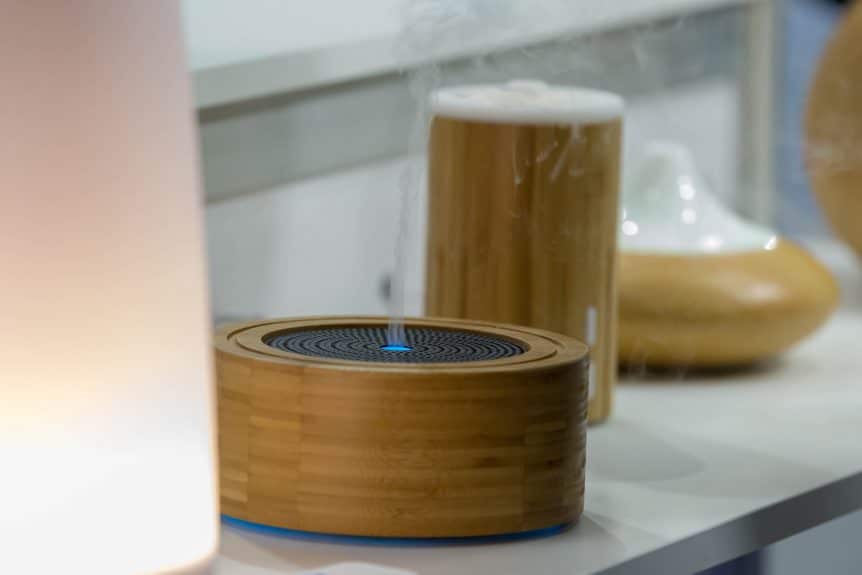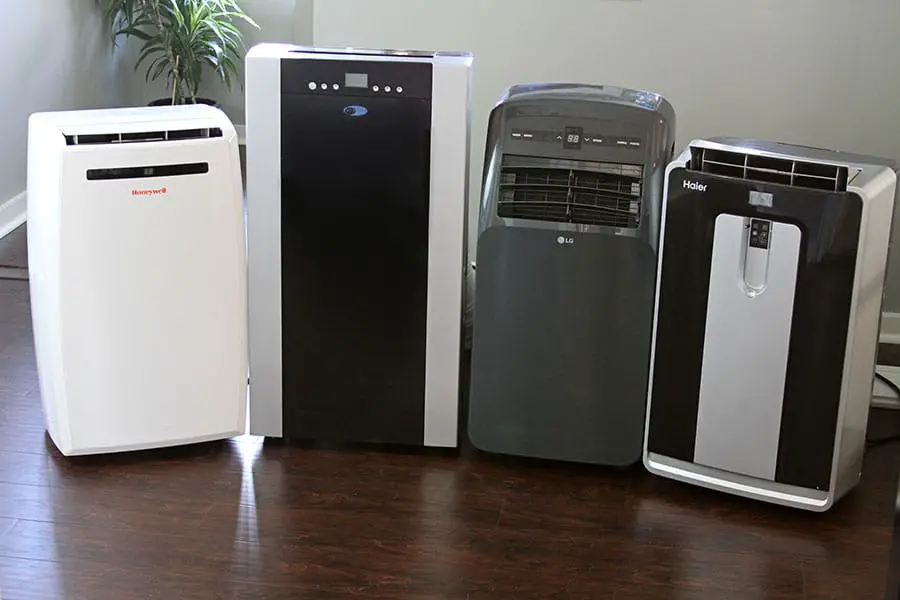
There are so many different devices besides air purifiers on the market that improve or treat your air in one way or another. These devices that control your air quality can be categorized into three main categories. Some devices are air cleaners, while some control your humidity level and others alter your temperature by heating or cooling your air.
Though the categories are distinct for different types of air enhancers, it is easy to confuse devices and be unsure what device does what. When it comes to air purification I often find across the internet people asking the difference between air purifiers and humidifiers, or air purifiers and air conditioners. In addition to these, a list of common questions I have seen include,
- What’s the difference between an air purifier and dehumidifier?
- What’s the difference between an air purifier and diffuser/nebulizer?
- What’s the difference between an air purifier and vaporizer?
- What’s the difference between an air purifier and air cleaner/allergen remover?
- What’s the difference between an air purifier and air scrubber?
- What’s the difference between an air purifier and air cooler/air conditioner?
- What’s the difference between an air purifier and sanitizer/sterilizer?
- What’s the difference between an air purifier and air filter?
- What’s the difference between an air purifier and fan?
- What’s the difference between an air purifier and ionizer/ozone generator?
- What’s the difference between an air purifier and air revitalizer?
Some of the devices on this list of questions are actually air purifiers. This just shows how confusing it can get when trying to get the right device to improve your air quality. There are just so many devices being marketed to improve air quality out there, that it is becoming harder each day to distinguish a pig from a pig.
Accordingly, seeing the confusion through all the questions, I decided to write this post to provide an answer for each of the above questions. This means if you asked any of the above questions this post is for you.
I will start by defining exactly what an air purifier is and pointing out the different types of air purifiers you can get. Thereafter I will explain how an air purifier differs from humidifiers and all the other devices that appear on the list of questions above.
What Is An Air Purifier?
Before we can jump into the difference between an air purifier and all the other types of devices that tweak your air quality, I think understanding what an air purifier is will make its difference from other devices apparent more immediately. So, if you do not know already, an air purifier is a device designed to clean your air.
Air purifiers are designed specifically to remove pollutant particles from the air. They achieve this either through a filtration process, oxidation, adsorption or by releasing some form charged ions or cleaning agent into the air that neutralizes or destroys floating air contaminants. Each of these air purification methods has been given a name.
You may have seen words like air cleaners, air sanitizers, or air sterilizers being thrown around and might have asked if they differ from air purifiers? The short answer is they do not, all these words do is describe the various types of air purifiers.
For instance, the word air cleaner is usually used to describe air purifiers with filters while sanitizer speaks to devices that release a cleaning agent. However, these words can be used interchangeably to mean air purifiers in general.
Then, beyond the names describing the broad air purifier categories, we have more specific types of devices. These include ionizers/electrostatic air purifiers, HEPA purifiers or allergen remover, Photocatalytic Oxidation (PCO) air purifiers, thermodynamic sterilization (TSS) purifiers, activated carbon air purifiers and ozone generators.
Air scrubbers and air revitalizers also fall under the air purifier category but these are unique and I will discuss their difference from the typical type of air purifier later. Lets now look at brief details about each type of air purifier.
Ionizers/Electrostatic air purifiers: These type of air purifiers work by emitting negative ions. These ions then circulate in your room and neutralize positively charged static electrical forces causing pollutant air particles in your indoor air to fall on surfaces and the floor.
The result is clean and fresher air in your home. Ionic air purifiers are however not so effective at removing small pollutant gas molecules and accordingly struggle to deal with odors.
HEPA air purifiers/Allergen removers: In writing this article I actually discovered that an allergen remover is just another name for a HEPA air purifier. When people talk about air purifiers, in general, they usually have a HEPA air purifier in mind. HEPA air purifiers clean the air by filtration.
They draw air through a HEPA filter unit which traps up to 99% of air particulates from as small as 0.1 microns (the human eye can only see upwards of 30 microns) and releases refined and cleaner air back into your room. This is a continuous process and your air gets cleaner and cleaner each time it passes through the purifiers filtration system.
So the faster your purifier can circulate new air through its filters the faster and the more clean air you will have in your room. Like ionizers, HEPA air purifiers completely fail to effectively capture gases and odors because their molecules are under 0.1 microns and pass right through the sieve-like filter of this air purifier.
Activated Carbon air purifiers: Activated carbon is a sorbent, meaning it adsorbs pollutants from the air. This type of air purifier works best for gases and odors. They are however not so useful for a particulate matter like dust and pet dander and normally come as a combo with other types of air purifiers.
You usually find activated carbon air purifiers combined with a HEPA air purifier to provide the HEPA air purifier with the added advantage of removing gases and odors. Activated carbon is added to other types of air purifiers in the form of an activated carbon air filter.
PCO air purifiers: Like HEPA air purifiers PCO purifiers also draw air into their air cleaning compartment. This air cleaning compartment is called a reaction chamber. Rather than filtered out, when air contaminants pass through the reaction chamber they are incinerated through an intense oxidation process which turns them into harmless carbon dioxide and water, leaving behind clean and fresh air in your home.
TSS air purifiers; This type of air purifier also incinerates pollutants in your air but by exposing the air to extremely high temperature (200 C). Using convection, air flows into the devices ceramic core which then heats up the air and burns contaminants in it. The purified air is then cooled using heat transfer plates and released back into your room.
Ozone generators: Lastly we have ozone generators. They emit a cleaning agent called ozone into the air which chemically reacts with pollutants living behind, oxygen, water molecules, and carbon dioxide. That said this reaction can also leave behind other toxic substances. What’s more, ozone itself is toxic and can harm you if not used properly to clean the air in your house.
So these are all the different types of air purifiers and now that you know them and how they work you can better understand how air purifiers differ from other types of devices that treat the air. Looking back at the list of questions you will see some people ask if air cleaners, sanitizers, ionizers, or ozone generators differ from air purifiers.
If you asked if any of these devices differed from air purifiers, I think it is now clear to you from the definition of air purifiers I have just given that they are all air purifiers and they are actually just different types of air purifiers. So with this clarity, you should no longer go around asking questions like “is an air purifier different from an ionizer”.
Starting with humidifiers, lets now get into how air purifiers differ from other other common appliances for your air.
Difference Between Air Purifiers and Humidifiers
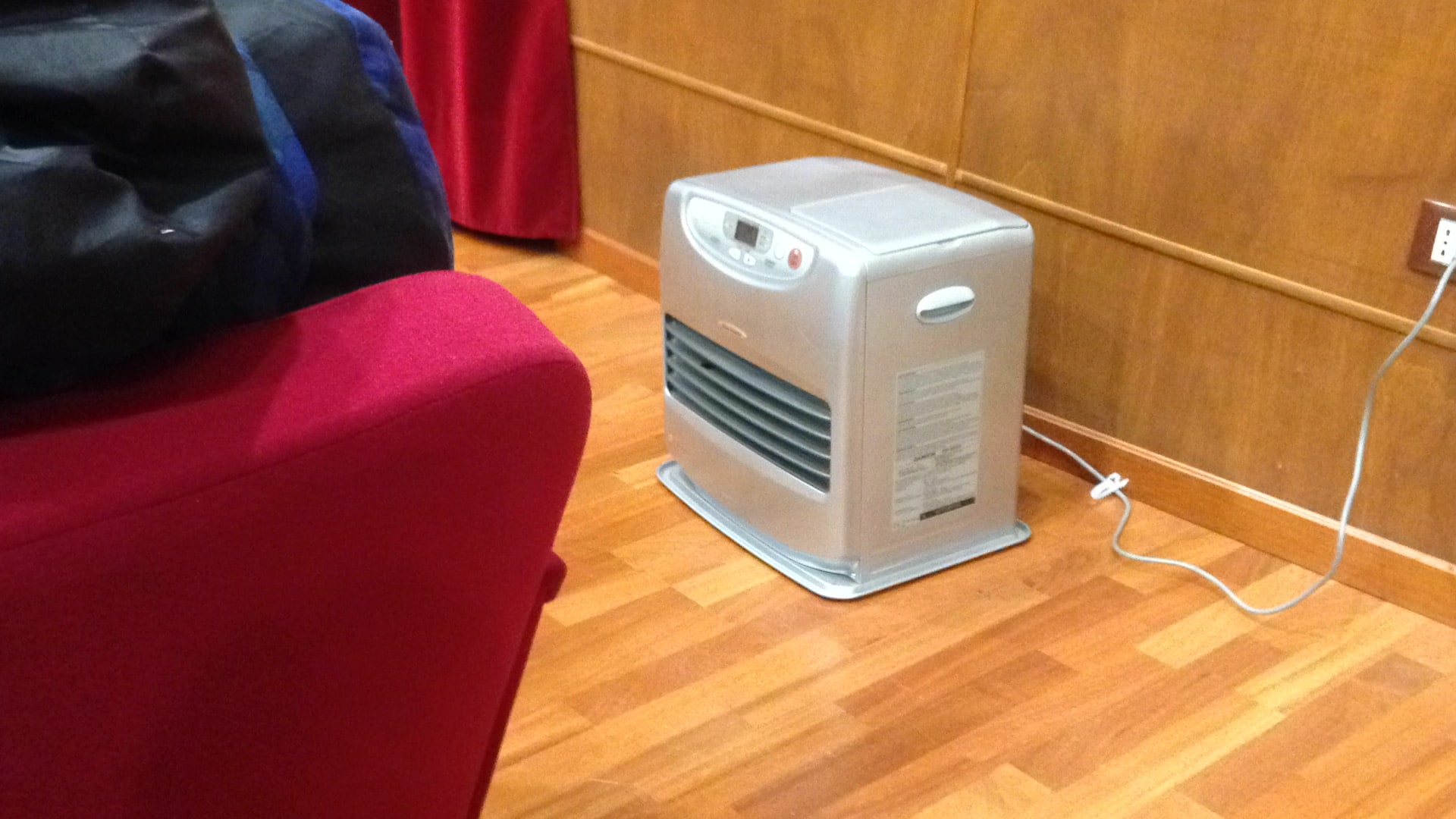
Humidifiers are one of the most common air enhancing devices that I have seen people wonder how they differ from air purifiers. Humidifiers are completely different from air purifiers. As opposed to cleaning air humidifiers actually only moisten the air.
Regardless by moistening the air, like some air purifiers humidifiers, will help reduce static but by reducing dry air and the resulting favorable conditions for static rather than neutralizing positive ions. Humidifiers also aid to alleviate flu, and sinuses but rather than removing pollen and viruses from your air like air purifiers by moistening air they actually help keep the mucus in your nasal cavity gooey enough to capture germs before they enter your body.
Humidifiers help to minimize various discomforts of dry air in your home. These include personal health discomforts like dry skin, dust, nose bleed and household damage to wood finishes and furniture like cracking, shrinking bending and warping. You will find four main types of humidifiers on the market namely, vaporizers, and impeller, ultrasonic and evaporative humidifiers.
Vaporizers moisten the air by creating warm mist while the other three types of humidifiers release cool mist into the air. As air purifiers add moisture to your air, if you are not careful they can add too much moisture to your air creating a suitable environment for dust mite and mold colonies to thrive.
Also, humidifiers, especially the cool mist types can spread germs in your air if water is left standing for too long and mold and germs grow in the humidifiers water tank. To add on, if your water contains a lot of minerals once the mist created by the humidifier dry up it leaves behind white dust on surfaces around your room.
To avoid these problems you have to clean and descale a humidifier often. In comparison, air purifiers need less frequent maintenance and will not emit germs and mold back into the air.
In summary, air purifiers differ from humidifiers in that air purifiers clean the air while humidifiers moisten the air to help you feel more comfortable, preserve your health and home and breathe more easily. To get the best of both worlds you can use both a humidifier and air purifier in the same room if your air is dry or get a combo humidifier and air purifier device.
Difference Between an Air Purifier and Diffusers or Nebuliser
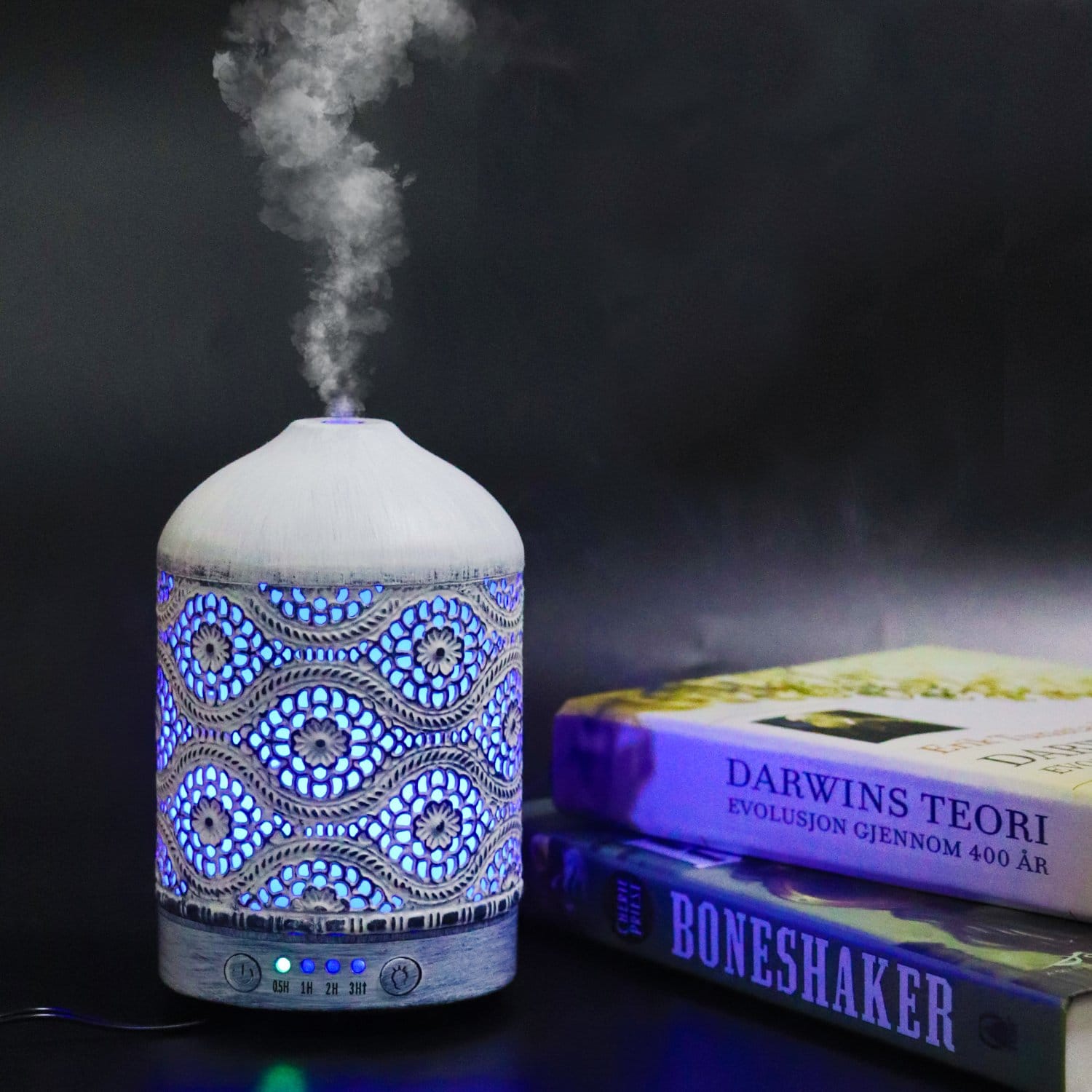
Diffusers and nebulizers are similar to humidifiers. They come in the same 4 types of technologies that turn water into steam or mist that moistens your air like a humidifier. However, diffusers and nebulizers are specifically used to turn essential oils or medicine into liquid droplets or vapor.
Diffusers can either turn essential oils on moist a pad into vapor or convert liquid essential oils stored in a liquid tank into droplets small enough for you to inhale. They can be used to deodorize your air or to release chemicals in your air that help you breathe more easily or that have a therapeutic calming effect on you.
Nebulizers do exactly the same thing but are used with liquid medicine. The most common use is for asthma sufferers. They use nebulizers to more easily inhale their medicine and alleviate asthma attacks.
Unlike air purifiers, diffusers and nebulizers are not used to clean air but rather to disseminate substances to help your body through the air. Diffusers also have the added function of making your air smell nice by emitting a scent in your air.
As diffusers and nebulizers are used to emit beneficial substances into the air you defeat their purpose if you use them simultaneously with an air purifier in the same room. Depending on the kind of air purifier you use, it will remove much of the beneficial elements released by your diffuser into your air.
So if you have both a diffuser and air purifier, you have to run these devices at different times to get the most of your diffuser. In conclusion, diffusers differ from air purifiers in that they are used to directly comfort you by releasing health-promoting substances in your while air purifiers remove harmful substances from the air to prevent you from breathing them.
Difference Between Air Purifiers and Dehumidifiers
Dehumidifiers differ from air purifiers in that they demoisturize air while air purifiers just clean air. By reducing moisture dehumidifiers also bring about various benefits that you can realize with air purifiers but in a different way from air purifiers.
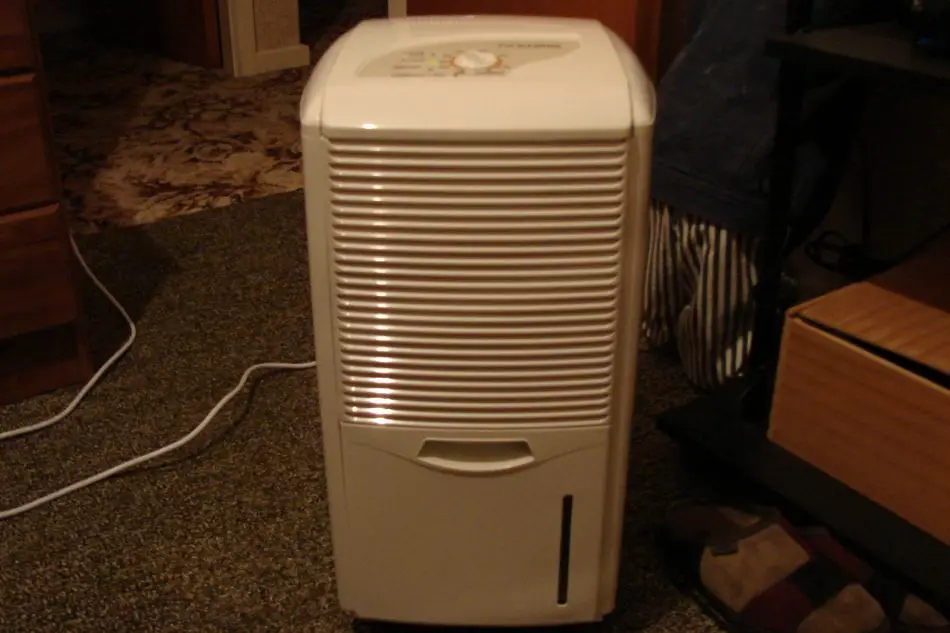
For instance by reducing moisture in your home dehumidifiers make the environment less conducive for mold, mildew and dust mite to thrive. They also help get rid of musty odors and allergies that flare up due to high humidity levels. Unlike air purifiers dehumidifiers can also help with dampness in your walls and dry up basements and crawl spaces after floods.
Dehumidifiers also vary in shape, size, and technology. The main types of dehumidifiers include mechanical/refrigerative dehumidifiers, adsorption/desiccant, ionic membrane, and electronic dehumidifiers.
Air conditioners also qualify as dehumidifiers as they pull water out of your air using condensation and hence you see them dripping a lot of water outside your house as they do their job.
Though dehumidifiers differ in function with air purifiers you can use them both at the same time and in the same room to enjoy both their benefits. You have to be careful though with dehumidifiers as they are high on energy consumption and can dry your air too much much with all the negative side effects of dry air.
If you use a humidifier or dehumidifier the best humidity level to make them keep your room at is between 30% and 50%. This is the most comfortable level for humans and mold and dust mite are also kept at bay at this level.
The easiest way to maintain this level of humidity is to get an automated device that adjusts itself by detecting humidity levels in your room. You can also get the benefits of both air purifiers and dehumidifiers by getting a combo air purifier dehumidifier.
Difference Between an Air Purifier and Air Scrubber
I mentioned earlier that air scrubbers are also a type of air purifier but they differ from your typical air purifier in that they are used for industrial and commercial uses. You can get either a wet or dry air scrubber.
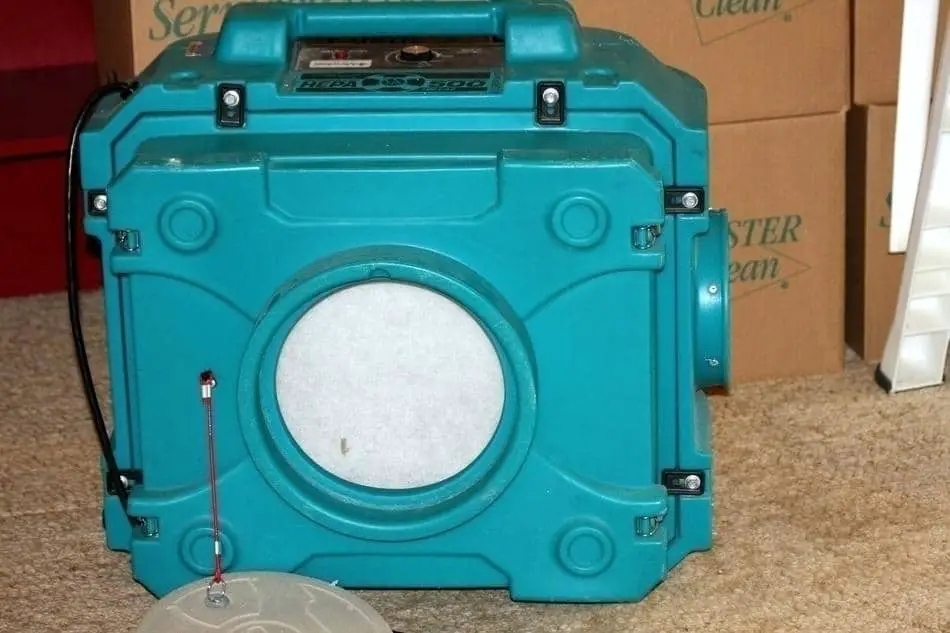
A wet air scrubber cleans the air by literally washing it with water or a cleaning liquid and then letting it pass through some filters to filter out remaining pollutants. A dry air scrubber pass air through a heavy-duty HEPA filter and some dry scrubbers also have an activated carbon filter for gases and odors.
The usual situations where air scrubbers are used is in factories and workshops that produce high levels of pollutants as by-products of their production process. In a home setting, they are used to stop pollutants from spreading during construction or renovations or when cleaning up fire or flood damage. Professional cleaning service providers also use them to improve air quality in your home or office.
Difference Between an Air Purifier and Air Conditioner or Cooler
I mentioned the difference between an air purifier and AC from a dehumidification perspective. However, they also differ in that aid conditioners are designed to cool the air as opposed to cleaning the air. The same goes for air coolers.
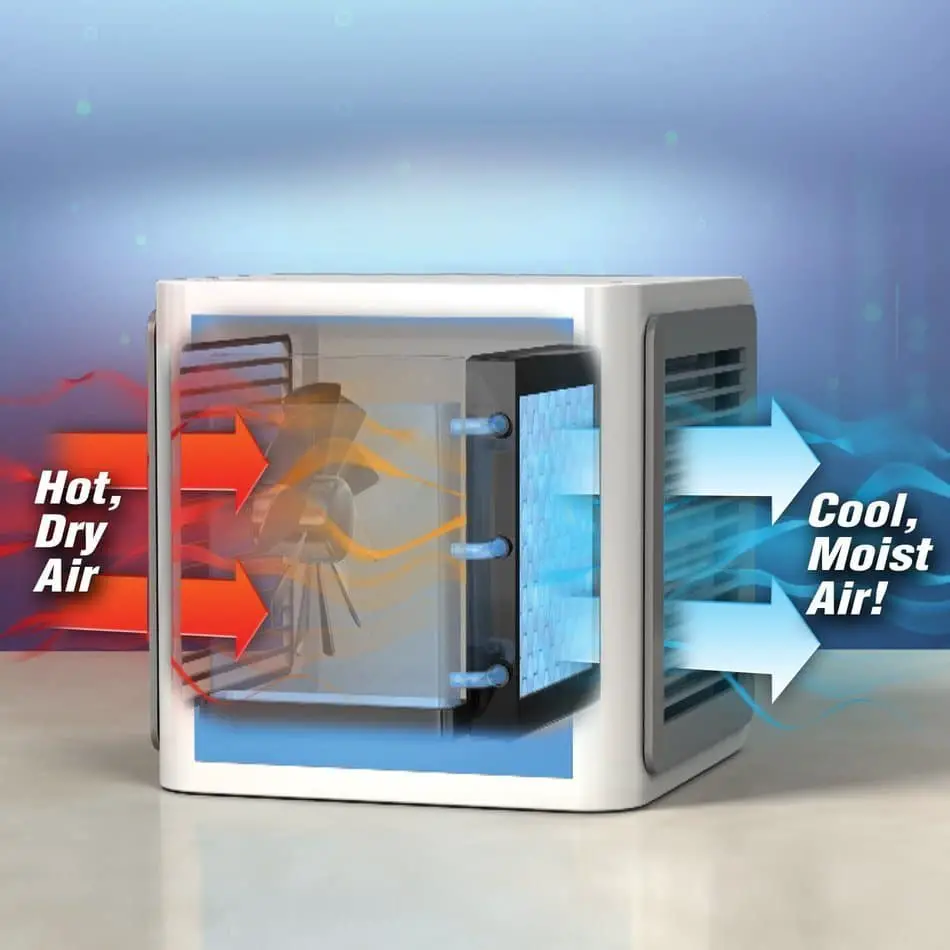
Air purifiers can have a cooling effect on you through their fans but this is not what they are designed for and not all types of air purifiers have fans. Air coolers and aircons only really benefit you by cooling you down in hot conditions and an aircon can also warm up your home in winter.
Apart from the ability of an aircon to reduce humidity, none of these devices directly improve air quality in a way that results in similar benefits brought about by air purifiers.
Aircons and air coolers, therefore, have no similarities at all in function and benefits with air purifiers. They can be used together though to provide you with clean and cool air at the same time.
Difference Between Air Purifiers and Air Filters
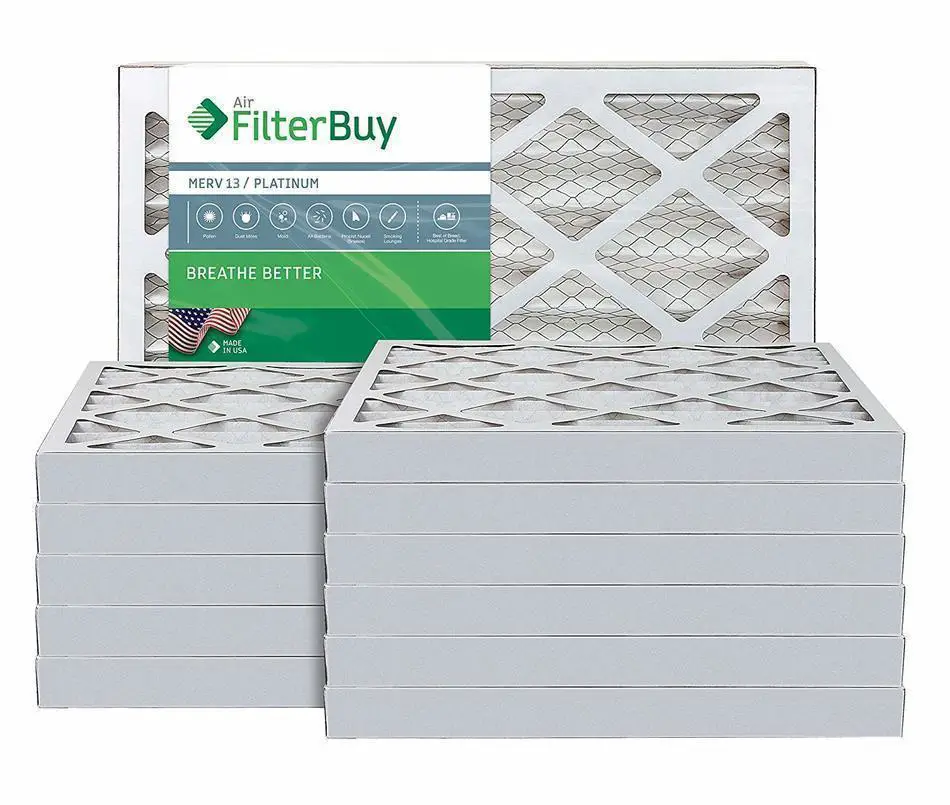
Air filters are the main component of many air purifiers but they can also be used on their own. I would not say they are different from air purifiers per se as they are central to removing pollutants from the air.
Where they differ though is that air filters themselves are not an appliance. They can be used on their own to filter air that comes through into the house by placing them snug fit on vents, ducts or under windows. However, they rely on natural air flow through wind or convection to filter out contaminants as opposed to suction by fans or air pressure when placed in an appliance that cleans the air.
Difference Between an Air Purifier and Fan
We all know what a fan is. Fans just blow air around and can cool you down. In themselves, they are different from air purifiers as they do not clean air at all.
Many air purifiers, however, use fans within them to suck in and blow out air through their filters or reaction chambers. You can actually build your own air purifier using an air filter and fan but only if you are a DIY enthusiast.
Difference Between Air Purifiers and Revitalizers
Finally on the list of questions I found people frequently ask about how different devices differ from air purifiers, is the air revitalizer. Air revitalizers are somewhat similar to wet air scrubbers but are much smaller and designed for home use.
They are an air purifier but differ from your usual air purifier because they use water to filter out contaminants from the air. They suck air into water within their cleaning compartment and the water keeps pollutants behind and releases fresher air back into your room as vapor using similar technology as cool mist humidifiers.
They can prove more cost effective than other air purifiers as there are no filters or reaction chambers to replace and all you change is the water but unlike your typical air purifier, they increase humidity levels in your room.
In summary, air revitalizers are essentially a different type of air purifier. You can also call them Water Air Purifiers.
I think I have now covered the difference between air purifiers and all other types of devices that enhance or treat your air that anyone can quickly imagine. On top of showing you how each appliance differs from an air purifier, I think I have also discussed and given you enough information to help you make a good call on what device you need for your home, so let me stop here.
If there is any other device you have come across that I have missed and you would like to know the difference, feel free to ask in the comments below and will add it here or give you an answer as soon as I see your comment. You can also find out more about the different types of air purifiers here before you head out and get one.
If you want to know what I recommend for the various types of devices I discussed here check the following posts out:

